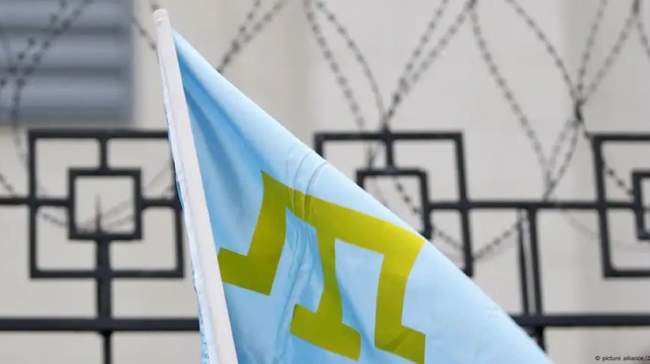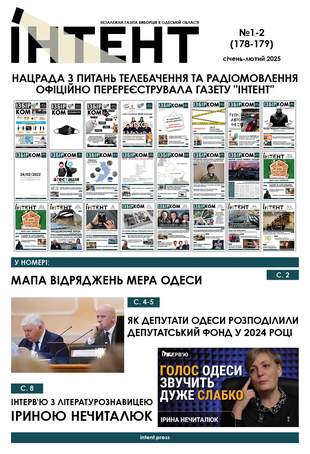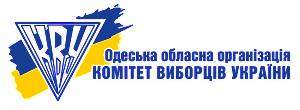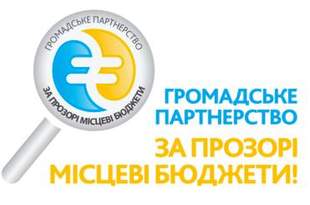Меню
Social networks
April 27, 2025, 8:24 a.m.
Nine Years Since russia Banned Crimean Tatar Mejlis Amid Ongoing
Цей матеріал також доступний українською56

PHOTO: Deutsche Welle
Nine years have passed since the Mejlis of the Crimean Tatar people was banned by the Russian occupation administration. The ban did not break the resistance - the Mejlis continues to fight for the rights of Crimean Tatars and the de-occupation of Crimea.
This was reported by the press service of the Mission of the President of Ukraine in the Autonomous Republic.
On April 26, 2025, it was nine years since the Russian occupation administration banned the activities of the Mejlis of the Crimean Tatar people, recognizing it as a so-called "extremist organization". This decision was aimed at suppressing the influence of the indigenous people of Crimea, who have always resisted Russian colonization.
On April 13, 2016, the occupation court granted the claim of the controlled prosecutor's office to ban the Mejlis, and on April 26, the decision came into force. The international community - the United Nations, the European Union, and international human rights organizations - unequivocally condemned this step as a gross violation of human rights and the rights of the indigenous people of Crimea.
The press service emphasized that despite the repressions, the Mejlis continues to work on the territory controlled by Ukraine, representing Crimean Tatars at the international level, fighting for their rights and seeking de-occupation of Crimea. The ban on the representative body has only strengthened the people's determination to fight for their land and future.
Recently, the Ukrainian delegation, which included representatives of the Mejlis and the Crimean Tatar Resource Center, took part in a session of the UN Permanent Forum on Indigenous Issues. The main focus was on violations of the rights of Crimean Tatars under Russian occupation and calls for increased international support.
Meanwhile, Ukraine came under pressure from the Trump administration, which promoted the idea of a possible end to the war through concessions, including the recognition of the annexation of Crimea. At the talks in London, First Deputy Prime Minister and Minister of Economy Yulia Svyrydenko emphasized: "Ukraine is open to diplomacy, but will not take any decisions that may look like surrender. She also emphasized that the state will never recognize the annexation of Crimea and will not agree to "freeze" the war under the guise of peace.











